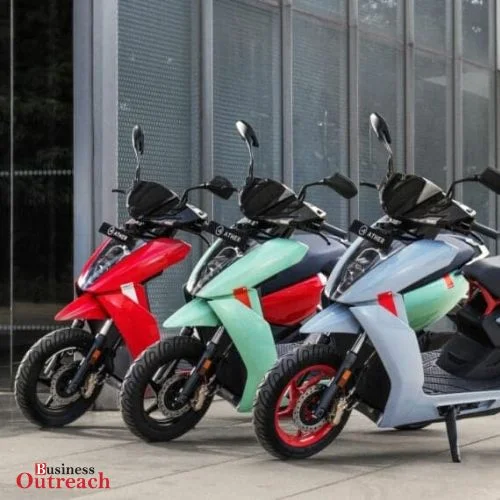In the recent decades, India has evolved considerably as the largest operational base for many MNCs. The country has a large population that constitutes its consumers, a professional talent pool, and a progressively expanding economy thus making it an investment hub to some of the internationally recognized companies in diverse fields.
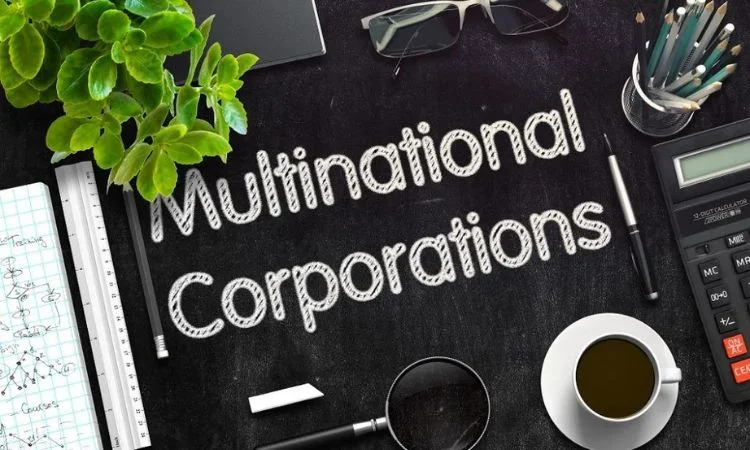
Source: Google Images
The country has a large population that constitutes its consumers, a professional talent pool, and a progressively expanding economy thus making it an investment hub to some of the internationally recognized companies in diverse fields.
Here Below is the list of the top 20 multinational companies operating in India
| Company Name | Founded | Headquarters in India | Global Revenue |
| Tata Group | 1868 | Mumbai | US $150 billion |
| Aditya Birla Group | 1857 | Mumbai | US $65 billion |
| Infosys | 1981 | Bangalore | US $18.55 billion |
| HCL Technologies | 1991 | Noida | US $12.5 billion |
| Wipro | 1945 | Bengaluru | US $11.01 billion |
| Google India | 1998 | Bangalore | US $237.8 billion |
| Amazon India | 1994 | Bangalore | US $574.8 billion |
| Apple India | 1976 | Bangalore | US $119.6 billion |
| Microsoft India | 1975 | Hyderabad | US $211 billion |
| Nestle India | 1867 | Gurugram | US $102.59 billion |
| IBM India | 1911 | Bangalore | US $61.17 billion |
| Coca-Cola India | 1886 | Gurugram | US $45.03 billion |
| Hindustan Unilever | 1933 | Mumbai | US $62.4 billion |
| Toyota Kirloskar Motor | 1997 | Bangalore | US $274.942 billion |
| LG Electronics India | 1958 | Greater Noida | US $62.32 billion |
| Citibank India | 1812 | Mumbai | US $78.5 billion |
| HP India | 1939 | Gurugram | US $53.7 billion |
| Sony India | 1946 | New Delhi | US $88.935 billion |
| Samsung India | 1969 | Gurugram | US $200.26 billion |
| DHL Express India | 1969 | Mumbai | US $100 billion |
1. Tata Group
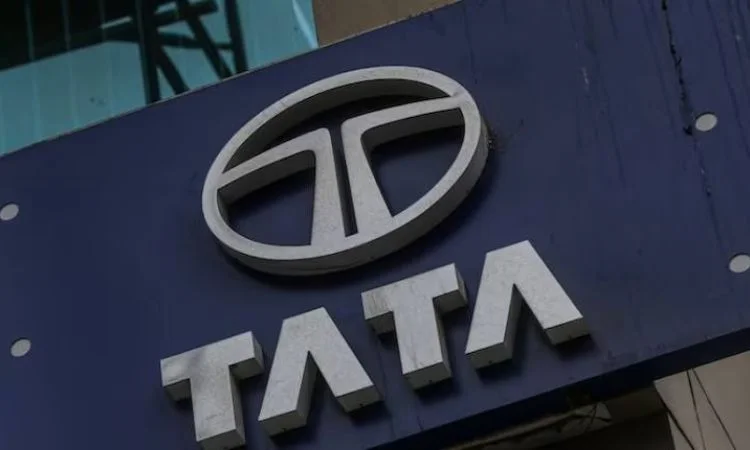
Source: Google Images
Founded: 1868
Headquarters: Mumbai
Revenue: US $150 billion (2023)
Employees: 1,028,000 (FY 2023)
Tata is a company from India which has attained the status of multinational business organization. It has operations in more than 100 countries and executes business operations in sectors such as steel, automobiles, IT services, consumer durables, and hospitality. It is a conglomerate of companies some of which are familiar throughout the world such as Tata Consultancy Services, Tata Motors and Tata Steel.
Key features:
– Operations in more than 100 countries in the six continents.
– It has a great focus on the principles of ethical benchmarking and corporate social responsibility.
2. Aditya Birla Group
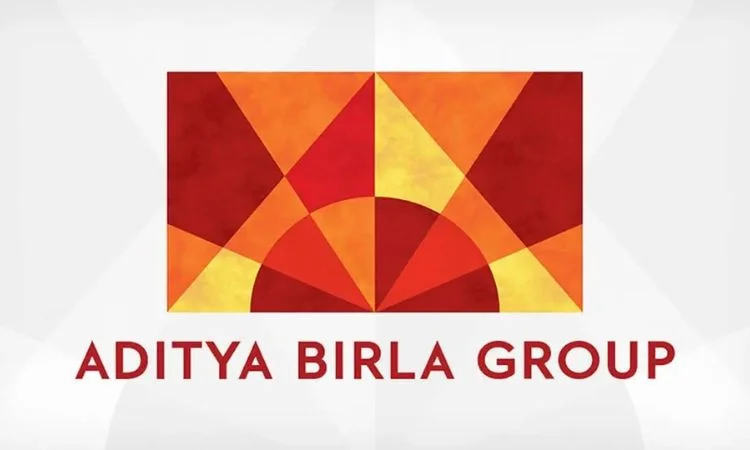
Source: Google Images
Founded: 1857
Headquarters: Mumbai
Revenue: 65 billion US$ (2023)
Employees: 187,000 (2023)
Aditya Birla Group includes 12 companies in metals and mining, 4 in financial services, 3 IT and telecommunications, 2 in life sciences and retail ,3 cement and 4 textiles divisions and is present in 36 countries of North and South America as well as Africa. The group operates in opportunities related fields such as metals, cement, textiles and in the financial sector. It is established that UltraTech Cement Limited is the largest cement manufacturing firm in India with operations grounded on the Aditya Birla Group.
Key features:
– Wide spread in the provision across various fields
– Extensive environmental management and outstanding innovative capacity
– A material business in high-growth regions
3. Infosys
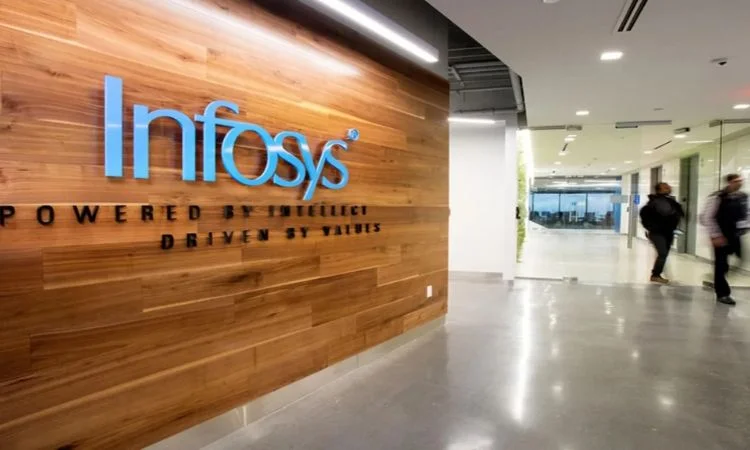
Source: Google Images
Founded: 1981
Headquarters: Bangalore
Revenue: US $18. 55 billion (2022)
Employees: 328,186 (2022)
Infosys is an Indian based BPO and IT solution provider company which provides consultancy globally. The company provides various services for instance IT services to business, management, technology, engineering and outsourcing to its customers largely in over fifty countries. Infosys’ NGO has been developed under the political model and is outstanding for the managerial imagination and the good and efficient corporate governance system .
Key features:
– Second largest IT Company in India
– Market capitalization crossed $100 billion in 2021
– Emphasis is made more on the training and development of employees
4. HCL Technologies
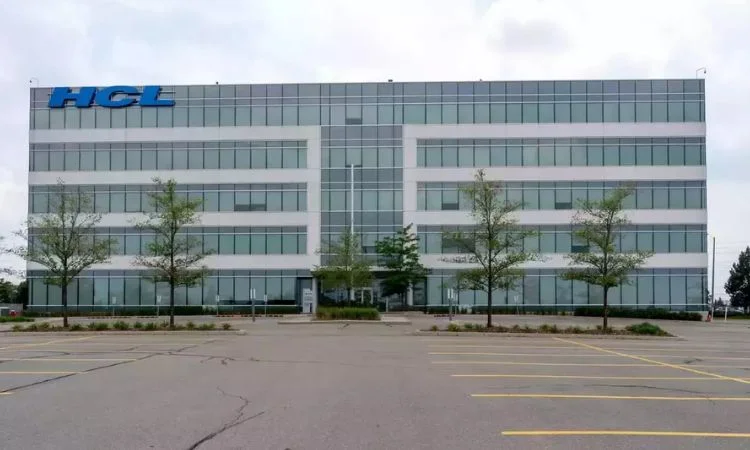
Source: Google Images
Founded: 1991
Headquarters: Noida
Revenue: US $12. 5 billion (2023)
Employees: 225,000 (2023)
HCL Technologies is an IT service and consultancy firm with its headquarters in Noida, India which offers services to make business enterprises future-ready digital organizations. The company has segments, namely IT & Business Services (ITBS), Engineering and R & D Services (ERS) and Products & Platforms (P&P).
Key features:
– Active in 52 countries
– Best known for its ‘Ideapreneurship’ culture where idea generation and innovation is encouraged.
– High business value solutions in segments such as Artificial Intelligence, the Internet of Things, cloud technologies
5. Wipro
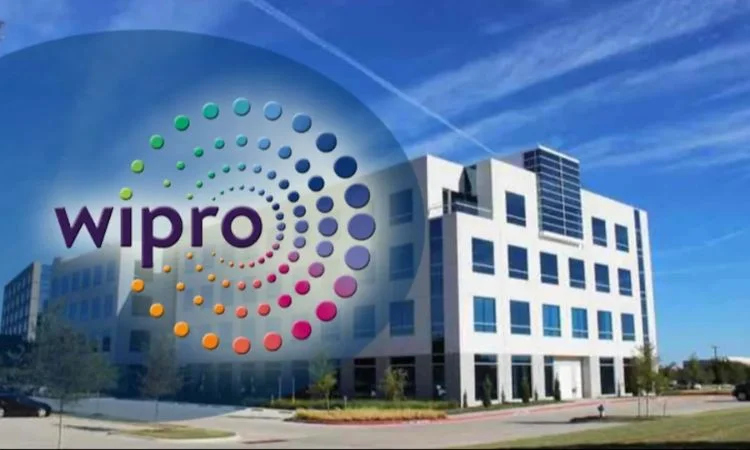
Source: Google Images
Founded: 1945
Headquarters: Bengaluru
Revenue: US $11. 01 billion (2023)
Employees: 256,921 (2023)
Wipro Limited is one of the world’s fastest-growing providers of IT solutions and services and a leading provider of business and technology consulting services. Its touch points playing a service provider role provide solutions in digital strategy, customer centric design, consulting, infra management and business process services, R&D among others.
Key features:
– International operations in 67 countries
– Great emphasis on sustainable management and corporate social responsibility
– Owing to its excellent IT services and solutions it is in great demand.
6. Google India

Source: Google Images
Parent Company: Alphabet Inc.
Headquarters in India: Bangalore
Global Revenue: US $237. 8 billion (2023)
Global Employees: 182,381 (2023)
Technically Google India a part of google LLC has become part and parcel of India’s digital spectrum. Some of the services include search, cloud computing, software and hardware that the company gives with various products it sells.
Key features:
– Offices in Hyderabad, Bangalore, Gurgaon, and Mumbai among other branches.
– Heavier funding on new age firm and Indian digital ecosystem
7. Amazon India

Source: Google Images
Parent Company: Amazon. com, Inc.
Headquarters in India: Bangalore
Global Revenue: US $574. 8 billion (2023)
Global Employees: 1,525,000 (2022)
Amazon India has taken the e-commerce industry by hours since its incursion. This has seen the company spend a lot of money on building the logistics infrastructure, developing new services and creating its marketplace.
Key features:
– Fulfilment centres spread across the length and breadth of India
– Also engage in businesses other than faceless shopping such as Amazon Prime Video and Amazon Web Service.
– Main tributary to the Indian digital sector
8. Apple India

Source: Google Images
Parent Company: Apple Inc.
Headquarters in India: Bangalore
Global Revenue: US $119. 6 billion (2023)
Global Employees: 161,000 (2023)
Over the recent past, Apple India has been expanding its existence in the country. The company has been seeking growth avenues in store, manufacturing and app development, sales footprint in India.
Key features:
– Proposed establishment of new generation Apple Stores in India
– Higher concentration in the local assembly of iPhones
– Increase in the incidence of the usage of decision-support tools and other apple products among consumers in India
9. Microsoft India

Source: Google Images
Parent Company: Microsoft Corporation
Headquarters in India: Hyderabad
Global Revenue: US$ 211 billion (2023)
Global Employees: 221,000 (2023)
Microsoft India has been in the Indian IT market for years playing the role of a dominant major firm. It makes extensive software products, cloud solutions, and hardware equipment available to the Indian customer and enterprises.
Key features:
– Research and development centres of India are as follows:
– The business has made an overwhelmingly strong market on cloud services employed through Microsoft Azure.
– Some of the government digital projects in partnership with Indian government
10. Nestle India

Source: Google Images
Parent Company: Nestle SA -This Swiss company is the world’s second largest food manufacturer employing over 328,000 people worldwide.
Headquarters in India: Gurugram
Global Revenue: US $102. 59 billion (2022)
Employees in India: ~7,500
Nestle India limited is a subsidiary of the Swiss based Nestle which is the world’s biggest food and beverages company to be specifically established in India for over one hundred years. It works with such famous brands as Maggi, Nescafe, and KitKat, to name but a few.
Key features:
– Diversified product range in the food and beverages sector
– Dominant distribution network in the both the metropolitan and rural markets
– This entails stressing on all the aspects of nutrition, health promotion, and disease prevention.
11. IBM India
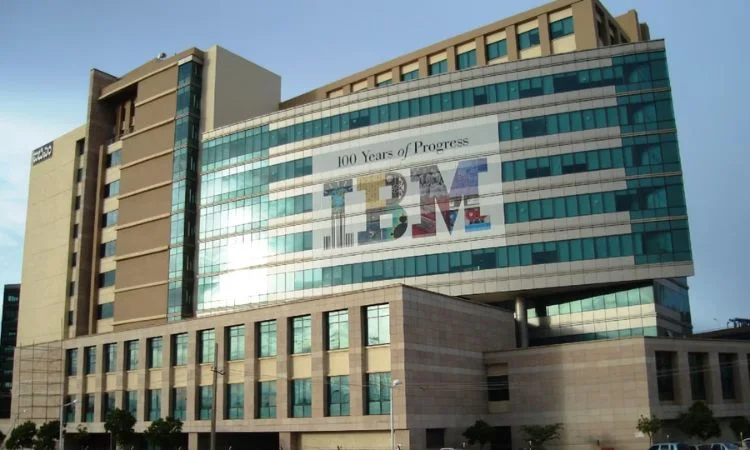
Source: Google Images
Parent Company: IBM Corporation
Headquarters in India: Bangalore
Global Revenue: US $61. 17 billion (2023)
Global Employees: 288,000 (2022)
IBM India has been a front runner in the IT revolution that has happened in India. The company is involved in the provision of multiple services such as cloud computing, artificial intelligence solutions, and even blockchain solutions.
Key features:
– The increase in research laboratories in India
– Great emphasis placed on ICT technologies and products
– Collaborations with Indian academia and resourceful startup establishments
12. Coca-Cola India

Source: Google Images
Parent Company: The Coca- Cola Company
Headquarters in India: Gurugram
Global Revenue: US $45. 03 billion (2023)
Global Employees: 82,500 (2023)
Coca Cola has been entertaining the consuming public of India for over several years. The company supplies a variety of products such as soft drinks, mineral water or Non aftermath water, juices and among others.
Key features:
– Massive distribution centre capable of getting products to outgrowth areas.
– The present story highlights the concept of localisation of flavours and the need that is required in India.
– Measures and programs for water harvesting and solid waste: plastics disposal.
13. Hindustan Unilever
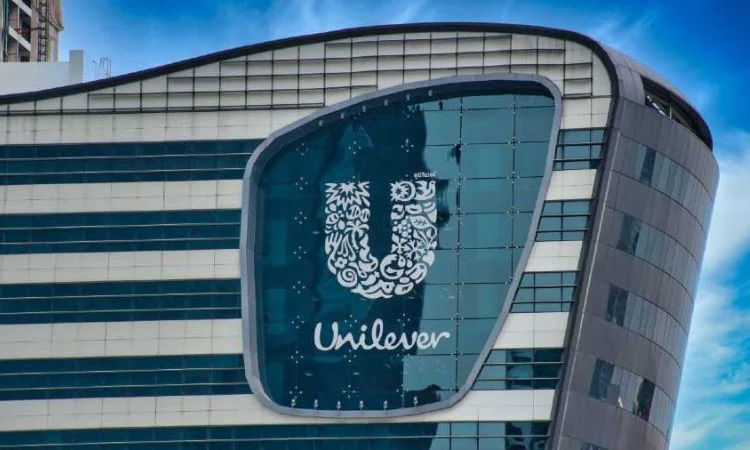
Parent Company: Unilever
Headquarters in India: Mumbai
Revenue: US $62. 4 billion (2023) (Unilever global)
Employees in India: 21,000 (2023)
HUL is the largest fast moving consumer goods company in India, and is part of the international Unilever group. Hindustan Unilever Limited has been in operation for more than 9 decades in India and many of its products are today’s essentials in Indian consumers’ homes.
Key features:
– Large range of home care, personal care, and food & refreshment lines
– Substantial rural penetration with the help of Project Shakti
– Paradigm of environmental consciousness or the principles of avoiding the negative effects of human activity to the environment
14. Toyota Kirloskar Motor

Source: Google Images
Parent Company: Toyota Motor Corporation known as Toyota is an automobile manufacturer situated in Toyota city Aichi Japan.
Headquarters in India: Bangalore
Global Revenue: US $274. 942 billion (2023)
Global Employees: 375,235 (2023)
TKM is a joint venture between Toyota and Kirloskar Group, which has represented a major role in the automotive industry of India. As for now the company is famous for producing reliable cars and efficient consumption of fuel cars.
Key features:
– Manufacturing facility at Bidadi in Karnataka
– Weightage on hybrid and electric vehicle technology
– Greater focus has been made on quality consciousness and customer delight
15. LG Electronics India
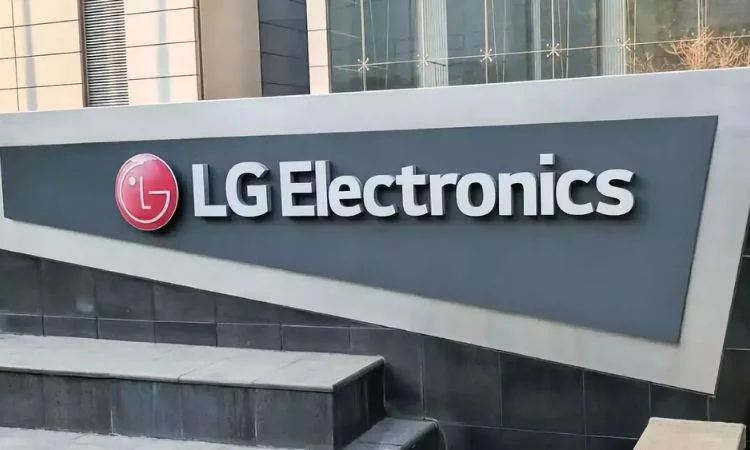
Source: Google Images
Parent Company: LG Corporation
Headquarters in India: Greater Noida west
Global Revenue: US $62. 32 billion (2023)
Global Employees: 74,000 (2023)
LG Electronics India, the largest consumer electronics and home appliance company has been one of them. The company has a number of products in its line of production which include Televisions, Refrigerators and Washing Machines.
Key features:
– Manufacturing plants in Greater Noida and Pune
– High emphasis of energy saving products
– Wide network reach for all its services in India
16. Citibank India

Source: Google Images
Parent Company: Citigroup
Headquarters in India: Mumbai
Global Revenue: US $78. 5 billion (2023)
Global Employees: 200,000 (2023)
Citibank India is Citigroup ‘s Indian outlet for financial services and has been established in India for several decades. The product and services portfolio of the bank includes a multitude of financial products and services to the retail and commercial customers.
Key features:
– Large branch and ATM network across all the regions of India
– Great emphasis on e-banking services
– Services provided for consumer and wholesale banking
17. HP India
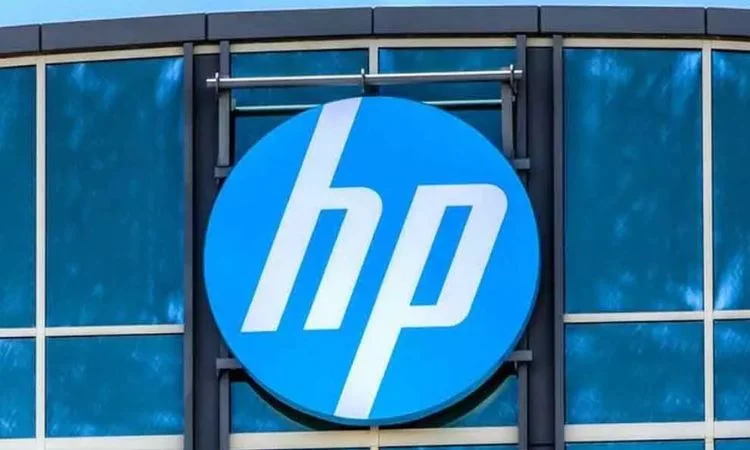
Parent Company: HP Inc.
Headquarters in India: Gurugram
Global Revenue: US $53. 7 billion (2023)
Global Employees: 58,000 (2023)
Hewlett-Packard India has been functioning as a branch of the American company HP Inc. in the sphere of personal computers and printers. The company has several products for customers and companies in their commercial lines.
Key features:
– Manufacturing facility for the plant situated at Pant Nagar in the state of Uttarakhand.
– Great emphasis on the quality, which is represented by intense efforts toward innovation and research.
– Drive to popularize the possession of at least digital literacy and skill possession.
18. Sony India

Source: Google Images
Parent Company: Sony Corporation
Headquarters in India: New Delhi
Global Revenue: US $88. 935 billion (2023)
Global Employees: 113,000 (2023)
The Consumer Electronics business has been a major business for Sony India. The company sells products such as; televisions, audio products, cameras and many others.
Key features:
– Brand availability in premium segment
– Concentration on quality of the audio visual products
– Stringent service network reachability all across the length and breadth of India
19. Samsung India

Source: Google Images
Parent Company: Samsung Electronics
Headquarters in India: Gurugram
Global Revenue: US $200. 26 billion (2023)
Global Employees: 270,372 (2023)
Samsung India was already one of the key market leaders in the smartphone and consumer electronics market in India. It is involved in the production of telecommunications equipment and mobile devices, digital media, and home electronics, including mobile phones, LCD televisions, refrigerators, washing machines, PCs, tablets and mobile TV.
Key features:
– Largest mobile manufacturing company of the world is also being developed in Noida.
– High investment on Research & Development with centres in India
– Broad range of product distinguishing itself by coverage of various price points
20. DHL Express India

Source: Google Images
Parent Company: Deutsche Post DHL Group of logistics
Headquarters in India: Mumbai
Global Revenue: US $100 billion (2022)
Global Employees: 586,404 (2023)
DHL Express India is a part of the international courier, express, parcel and air mail service producer company of Deutsche Post DHL based in Germany. The company deals in international express mail services.
Key features:
– Comprehensive chain with presence in over 35000 places in India
– Exports: high emphasis on the use of digital technologies and automation
– Attempts for a sustainable logistics
Conclusion
These top 20 multinational companies of India are from various forms of industries which have adopted a big role in developments of India’s economy. Most of these MNCs range from the Technology industry to the Consumer goods industries and not only have invested in the country through their own resources but also have provided numerous employment opportunities, innovation and trained the human resource in the country.
These MNCs, as India strives to become an economic giant within the new international system, are further expected to be of paramount importance to the development of the nation’s business system.










